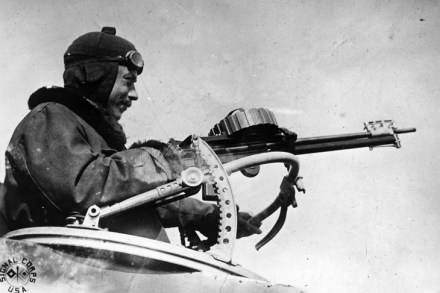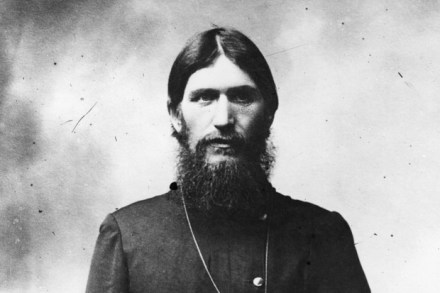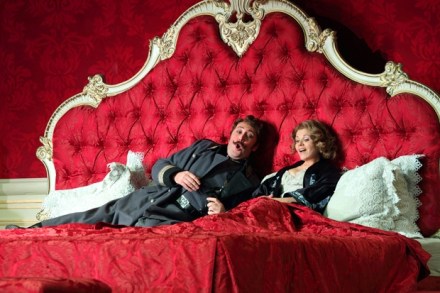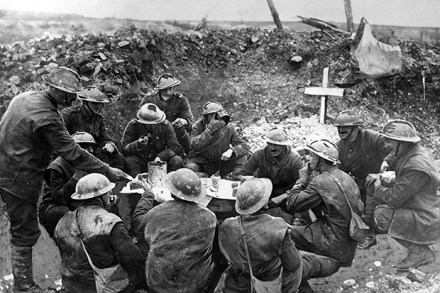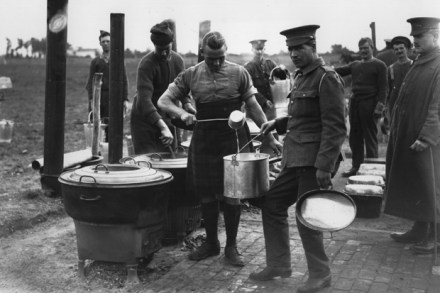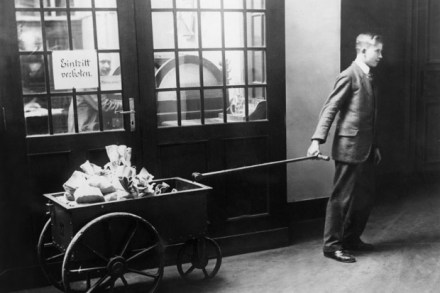Lawrence of Arabia
The centenary of General Allenby’s capture of Jerusalem falls later this year. On 11 December 1917, the commander-in-chief of Britain’s Egyptian Expeditionary Force entered the city on foot in recognition of the unique sensitivities surrounding the world’s holiest city. War and farce are never too far removed and, as is so often the case on these extraordinarily important moments, the surrender of Jerusalem almost went hilariously wrong. Mounted on horseback and waving a white flag, the city’s mayor offered to hand over the keys to Private Murch, a British cook who had been sent out to find some eggs for his commanding officer. ‘I don’t want yer city,’ the stalwart


